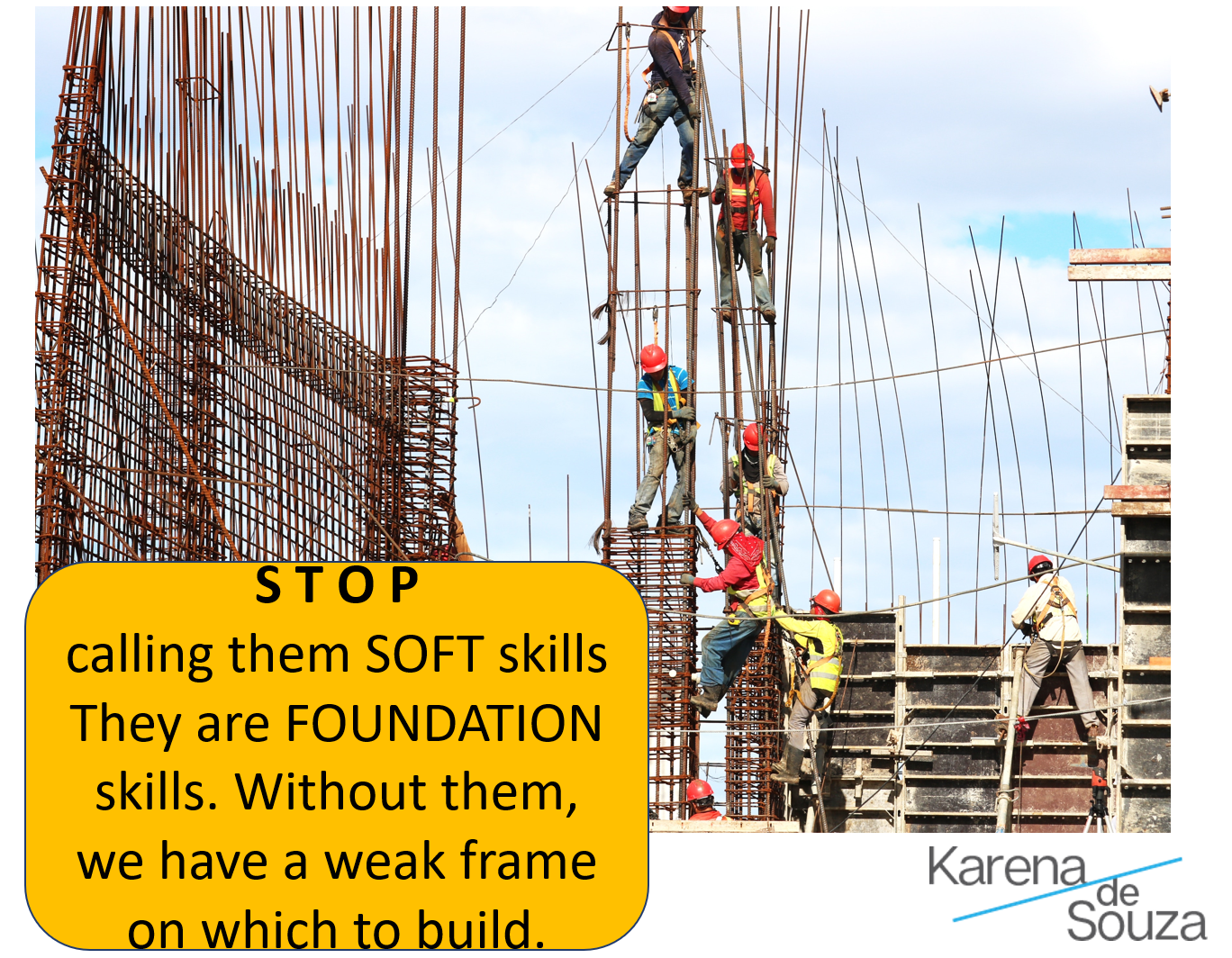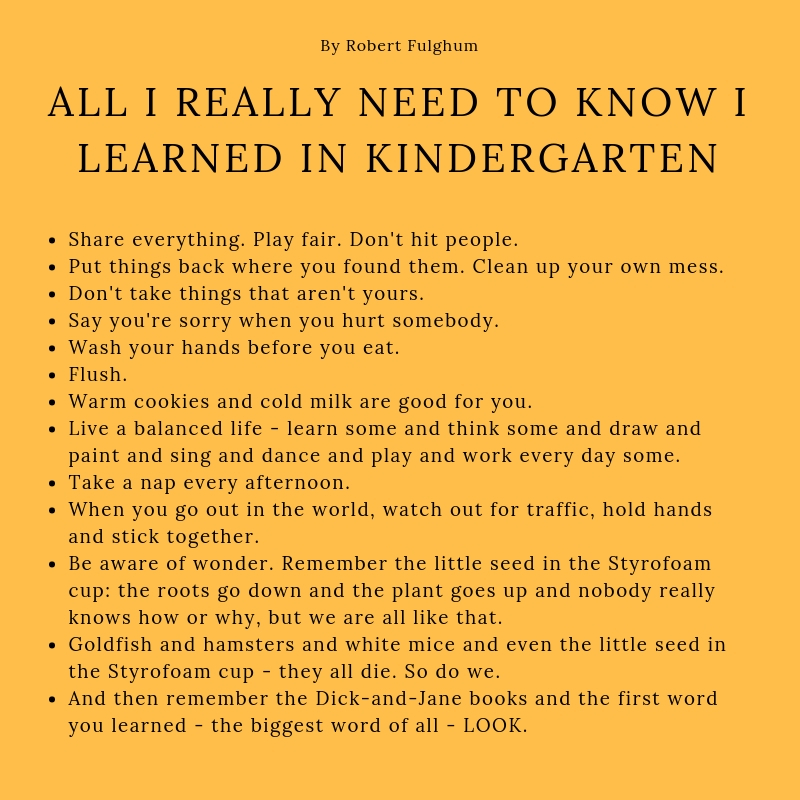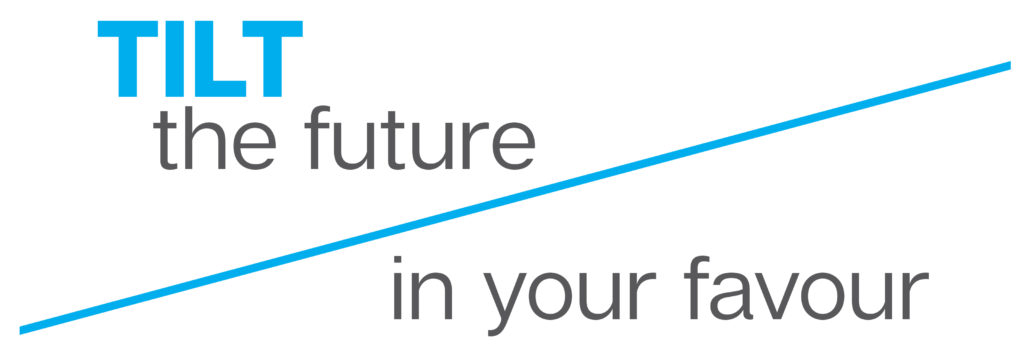
15 Nov Stop calling them SOFT skills.
Its time to rebrand soft skills.
It is all over the press. In a skills based economy, the few that are able to augment their strong knowledge or IQ skills with a strong and healthy dose of EQ or soft skills are the ones who will benefit the most.
But I have a problem with the vocabulary. For years we have referred to this collection of skills as ‘soft’. But in reality, they are anything but. They are the fundamental, core or foundation skills that create the sturdy but flexible framework on which we can add layers of position & industry knowledge.
Why now?
These skills are particularly important right now for two reasons:
- Always be Learning: The innovation cycle has sped up. We are constantly in a position of learning and working with different subject matter and information. Having great habits such as discipline, tenacity, curiosity, critical thinking among others helps us to seek out new opportunities through fresh ideas.
- Dealing with Transition: We are already heading into an economy that is dramatically different from before. The Digital Era is already changing the very nature of our workday, work week and career path. The period of transition – the ‘in-between’ – is a very tenuous time. Until we hit a new normal, skills such as flexibility, grit, trust, teamwork, communication, become even more important. It is no accident that self-help books such as “Atomic Habits” & “The Power of Habit” are finding an eager audience at present. Habits allow us to maintain a modicum of routine while everything around us is shifting.
Meet Joe
Consider the case of Joe who has just started his first full-time job. As he transitioned from academia to work-life, most of his familiar frameworks disappeared. He is no longer surrounded and supported by his friend group. With no timetable, he has to figure out a new rhythm or discipline for the week. He has position knowledge and confidence that he was hired for a particular discipline knowledge. But it will take time for him to learn the clients and the industry, so he is less likely to deliver a solo project straight out of the gate.
But Joe is an eager learner and a good listener. He takes direction, works well on teams, but is also self-motivated and organized. This made him a good ‘fit’ for the organization that he joined – and smoothed his transition into work-life. By developing a strategy and having good foundation (EQ) skills, he boosts his positional knowledge with a situational advantage.
Core competencies
There is another selfish reason for pushing for a re-brand. For many years, the phrase ‘soft skills’ was almost synonymous with traditionally female roles – from HR to teaching. The ability to facilitate, negotiate and empathize were only seen as support functions for the deal-making and design parts of business.
A re-branding of the skill-set to a core skill emphasizes how crucial these competencies have now become to everyone in the workplace. They enable us to navigate life in general, and education and careers in particular.
Whether male or female, each of us comes to the table with an innate strength in some of these core competencies. And the good news is that – like a muscle – we can learn, develop and strengthen the others.
Why Foundation – Learn them early, pay attention to them.

‘All I really need to know I learned in Kindergarten’ is a favourite poem. We realize that the foundation stones of empathy, curiosity, and creativity are laid in our early years. Through play, we learn everything from team-work to self-reliance. Some school districts have recognized the value of these global competencies and are evaluating and encouraging them as a component of education.
These life skills and competencies are more persistent than our technical knowledge that will require re-skilling repeatedly over our lifetime.
What now, GenZ?
What does this mean for you, GenZ? Nothing really changes. But neuroscience shows that there is tremendous power in the way we speak to ourselves. If we refer to these skills as foundation skills instead of soft skills, we will pay closer attention to them, focus on their core value, and proudly continue to develop these competencies.
And for those who influence? Whether it is in the office as managers, as educators or in the home, let us start referring to these core strengths and focusing on them as FOUNDATION skills.
My question to you: What word would you pick for these skills? How can you use this information to tilt the future in your favour?
Karena de Souza is a strategist & a parent with a futurist mindset. Her professional work has her focusing 5-15 years forward, but as a parent she is very engaged in the decisions we each have to make in the present. Feedback, discussion and comments are always welcome at karena@karenadesouza.com. For her speaking calendar and inquiries please visit karenadesouza.com.
Credit & Thanks; Definitions & Resources:
- All I really need to know I learned in Kindergarten – wiki
- GenZ, Generation Z – if you were born in 1995 or after. You are usually a digital native, having no memory of a world without the internet!
- EQ – Emotional quotient. EQ skills – are equivalent to life skills. They include people skills such as teamwork, communication; as well as higher function skills such as critical thinking, discernment and decision making.
- IQ – Intelligence Quotient.
- A version of this article was also published on LinkedIn on November 15, 2018
- Photo credit: Josue Isai Ramos Figueroa on Unsplash
- Canva credit: Karena de Souza based on the writing of Robert Fulghum



No Comments